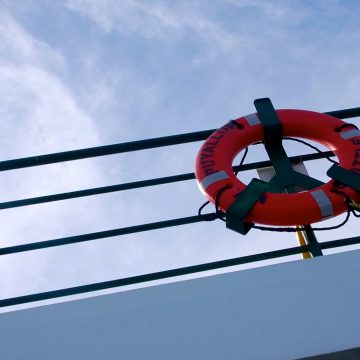Major law firms rarely self-destruct, but as the fall of Heenan Blaikie LLP shows, it’s worth considering how a lawyer in such a situation can best respond — especially if they find themselves out of a job.
Precedent spoke to Lianne Krakauer, a career consultant and former assistant dean of career services at the University of Toronto’s faculty of law, who offers these three tips for staying afloat when the ship goes down.
1. Acknowledge that losing a workplace is like any other kind of loss
The collapse of a law firm, or any other workplace, also means the collapse of a community of meaningful relationships, says Krakauer, adding that the emotions people experience are comparable to those they experience when they lose a loved one or go through a divorce. That’s not to say these life events are the same, but, says Krakauer, “it’s important not to minimize a job loss as a routine event in your life. It’s okay to have an emotional reaction.”
She says people should take time to process, on an emotional level, what has happened, which could include talking to a therapist, friends or family for support.
2. Don’t obsess over rumours about what caused the meltdown
People, especially in a close-knit profession, will naturally be curious, says Krakauer.
“In order to move forward, however, you should focus on the positive aspects of your time at the firm,” she explains. “Think about what made it a great place to work. A lot of people probably chose the firm for really good, positive reasons. Try to remember what you learned and contributed, rather than dwelling on the unfortunate events of the final month or so.”
3. Have an open mind about the future
Most lawyers, according to Krakauer, are more risk-averse than other professionals when it comes to their careers.
“This can make it especially difficult for a group of people who thought they’d joined a firm for life, and suddenly the rug is pulled out from under them,” she says. “It’s going to be a lot harder for a risk-averse lawyer to jump back into the job search and find something else to be passionate about.”
And therein lies the problem, she says, especially for people who struggle to find a new job immediately after the collapse. “People who are open to risks and being experimental are more likely to find things they enjoy and land somewhere they want to be.”
“It’s not an easy task,” she admits. “You didn’t have a choice about this happening, and that’s hard. And I totally acknowledge that. But now you do have some choices, including networking, calling friends in the industry, and thinking outside the box about where you might be able to find a new job.”
Photo: Steve Snodgrass


